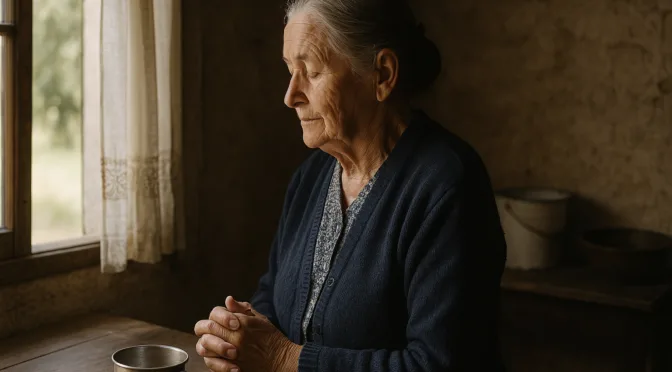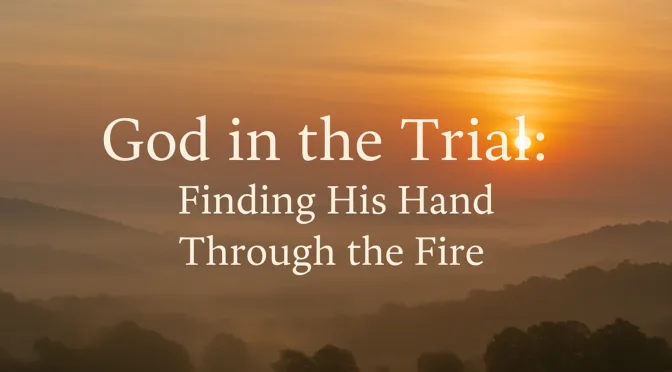Becoming Like Yeshua
“Now for this very reason also, applying all diligence, in your faith supply moral excellence, and in your moral excellence, knowledge, and in your knowledge, self-control, and in your self-control, perseverance, and in your perseverance, godliness, and in your godliness, brotherly kindness, and in your brotherly kindness, love.”
—2 Peter 1:5–7 (NASB)
The journey of sanctification is the sacred path every believer must walk. This is not a casual stroll, nor is it a sprint—it is a lifelong ascent toward holiness, where the Spirit of God leads us from glory to glory. Yeshua did not die just to forgive your sins. He rose again to make you new. And that new life isn’t stagnant—it grows, transforms, and becomes like Him.
Peter’s words are a divine blueprint. He tells you to apply all diligence—to engage your whole heart. Faith is your foundation, but it must not stand alone. Add to your faith moral excellence, knowledge, self-control, perseverance, godliness, brotherly kindness, and love. These are not random traits; they are steps on the staircase of sanctification. Each virtue lays the groundwork for the next. As you climb, you grow stronger in the Spirit and embark on the journey of sanctification to reflect Yeshua more clearly.
The journey is not easy. Holiness never is. But it is the call of every disciple. “But like the Holy One who called you, be holy yourselves also in all your behavior” (1 Peter 1:15, NASB). This holiness is not outward show—it is inner transformation. It flows from the throne of God and floods every corner of your life: your thoughts, your desires, your words, your responses.
The Vine and the Branches
Imagine a branch connected to a living vine. It doesn’t strain to bear fruit; it simply abides. As long as it remains attached, the life of the vine flows freely, producing fruit in its season. But when a branch cuts itself off, it withers—lifeless, powerless, fruitless.
“I am the vine, you are the branches; the one who remains in Me, and I in him bears much fruit, for apart from Me you can do nothing.”
—John 15:5 (NASB)
Sanctification flows from abiding. You cannot manufacture holiness through effort alone. It is born in intimacy with Yeshua. The more you remain in Him, the more His life fills yours. And what begins in secret—prayer, surrender, Scripture—becomes visible fruit: love, patience, purity, humility.
Beloved, the journey of sanctification will cost you everything—and it will give you more than you can imagine. It will strip away pride, expose wounds, and challenge comfort. But in exchange, you receive the treasure of a holy life, the joy of communion with God, and the power to overcome the world.
Keep climbing. Keep adding. The Lord is forming Christ in you. And when He appears, you will see Him as He is—because you will be like Him (1 John 3:2).
Prayer
Father, take us deeper on the journey of sanctification. We do not want shallow roots or fruitless branches—we want to bear the image of Your Son. Teach us to abide, to obey, and to grow. Shape us with every step. Let faith grow into virtue, virtue into knowledge, knowledge into self-control, and so on until love overflows in us. Holy One, guide us through the journey of sanctification to make us holy. In the name of Yeshua, amen.
⸻











